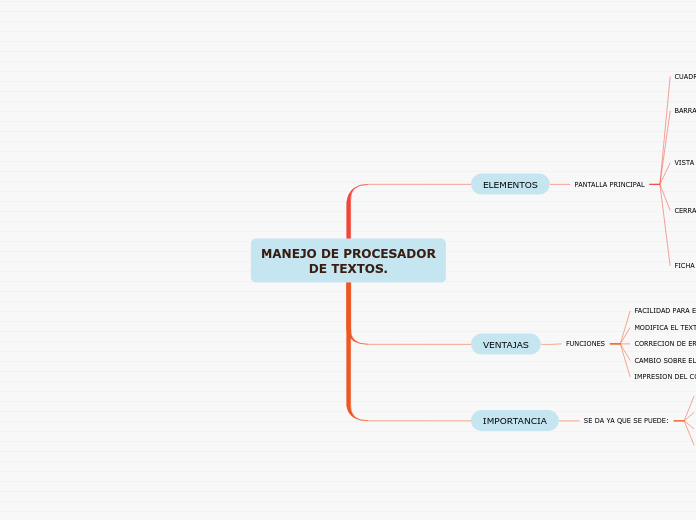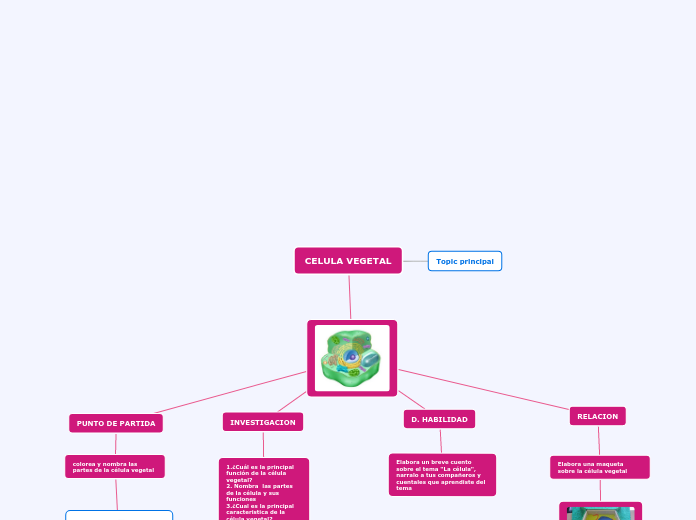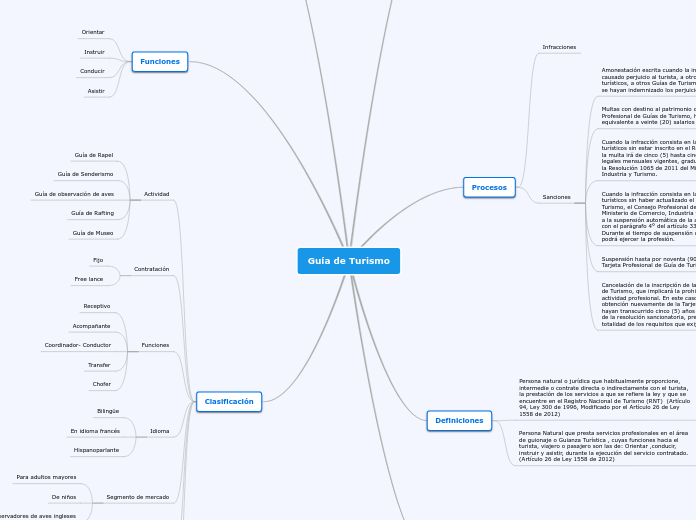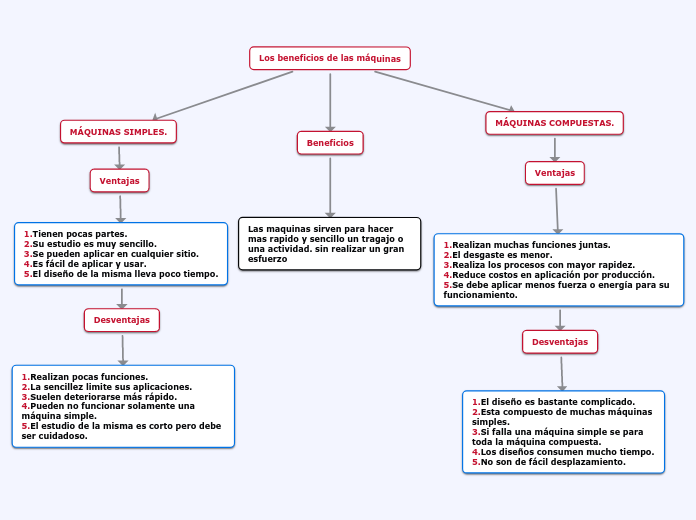MANEJO DE PROCESADOR DE TEXTOS.
To name your story, you have to think about the overall message and what you want your audience to understand from the story. Also, make it relevant and easy to remember.
IMPORTANCIA
The ending of a story is essential. We all know that if the ending is weak, what happened before loses its importance. So make it unpredictable, but fair. A resolved ending answers all the questions and ties up any loose threads from the plot.
SE DA YA QUE SE PUEDE:
This is the moment when the main character surpasses the last obstacle and finally faces their greatest challenge.
The climax usually follows one of these patterns:
- realization
- resolution
- choice
Type in your answer.
CONSULTAR LA INFORMACIÓN MAS FÁCIL
AHORRAR TIEMPO Y DINERO.
USAR MENOS HOJAS
CREAR DIFERENTES FORMATOS
VENTAJAS
The middle of the story is where you add layers of complications that will lead to the end. Reveal more about the character's journey. Did their personality go through changes? How did they overcome the challenges? And as you build up the story’s central conflict, make it more personal to that character. Also, from the middle act, you have to lead into the final act.
FUNCIONES
Each story has a main character and that character usually needs to solve a problem or challenge. The character's challenge is the one that creates tension throughout the story.
IMPRESION DEL CONTENIDO
CAMBIO SOBRE EL ASPECTO DEL TEXTO
CORRECION DE ERRORES
MODIFICA EL TEXTO
Type in any other challenges which other characters in the story need to face.
FACILIDAD PARA ESCRIBIR EL TEXTO
In most stories, there are 3 challenges. The number 3 is a mystical number symbolizing completeness. Try to come up with interesting challenges with which your character needs to struggle.
See a few examples below:
- turns into a werewolf at night
- is sent back in time
ELEMENTOS
In the beginning of the story (or the exposition), you will need to introduce the setting and characters. You might also want to introduce the main conflict. This part of the story is important because it gives the reader necessary background information and maybe even a first insight into a character’s personality.
PANTALLA PRINCIPAL
The setting (time & place) of a story can change throughout the plot.
FICHA
Sensory details include sight, sound, touch, smell, and taste. These details are important because they create depth in your setting.
See a few examples below:
- the smell of fresh bread
- the scent of freshly cut grass
- rain falling onto the windshield etc.
REGLA
CINTA O BANDA DE OPCIONES
GRUPO
CERRAR
AYUDA
BOTON DE COMANDO
AREA DE TRABAJO
INICIADORES DE CUADROS DE DIALOGO
VISTA DE DOCUMENTOS
The weather is an important element in your story because it can highly influence the ambiance and the mood of the characters.
RESTAURAR
The most affected character is the main character. Write down here if he/she is affected by these weather conditions in any way. For example, if they lost a family member or their home during a hurricane, etc.
MINIMIZAR
Decide if you want to include an element of nature in your story. For example, a rainbow can be a very nice choice for a happy ending. The mist in a story can represent mystery and secrets. A thunder can appear in the background at the moment when the 'bad guy' of the story makes its appearance, etc.
ZOOM
Does your story include catastrophic weather? See a few suggestions below or add your own:
- hurricane, earthquake, storm, etc
BARRA DE HERRAMIENTAS DE ACCESO RAPIDO
The time of the story can also change. It can describe the event of a single day or can include an entire year's plot. Anyway, don't forget to mention it.
BARRA DE ESTADO
BARRA DE DESPLAZAMIENTO
BARRA DE TITULO
CUADRO CONTROL
Your story can take place wherever your imagination will take you to.
For example: in an elevator, in an enchanted forest, etc. Don't forget to give details of the environment each time the setting changes, otherwise, the story can be confusing. Also, mention the seasons as each of them has unique weather and events.










